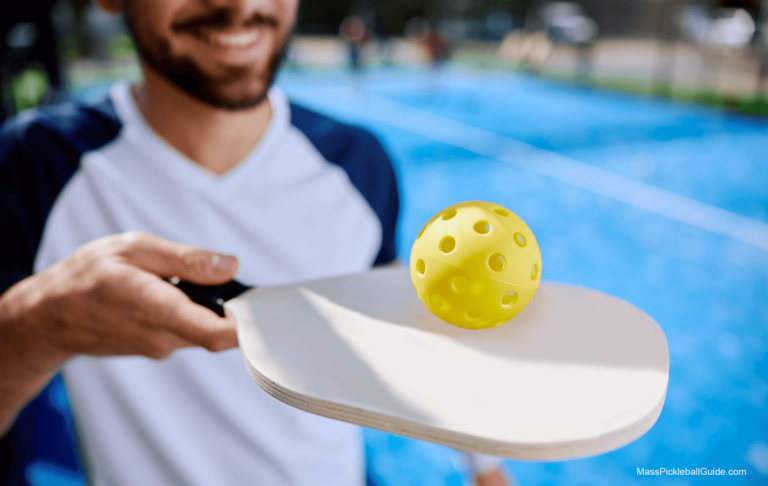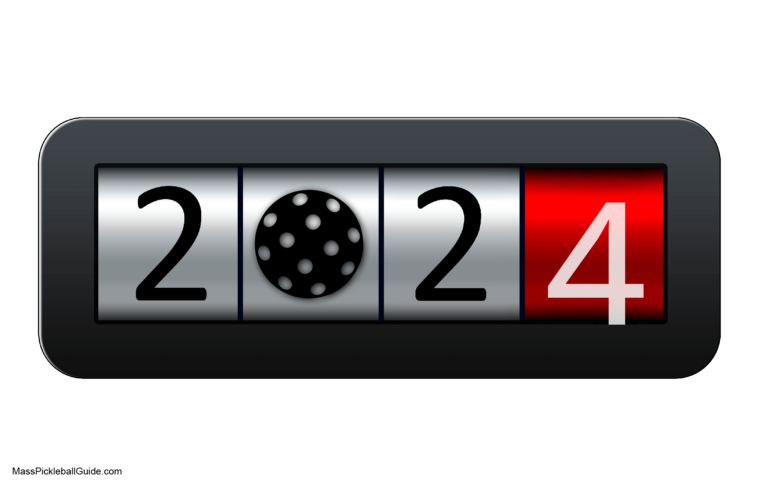2023 pickleball ball rule: old vs. new – fairness or hype?
it used to be so simple
Comparing the Existing and Revised Pickleball Ball Rule
Hey there, pickleball enthusiasts! Today, we’re going to dive into the world of pickleball rules and take a close look at a specific rule that governs broken or cracked balls. Pickleball is a fast-paced and exciting sport, and it’s important to have clear guidelines to ensure fair play. Let’s compare the existing rule with the revised rule and see what has changed and what has stayed the same.
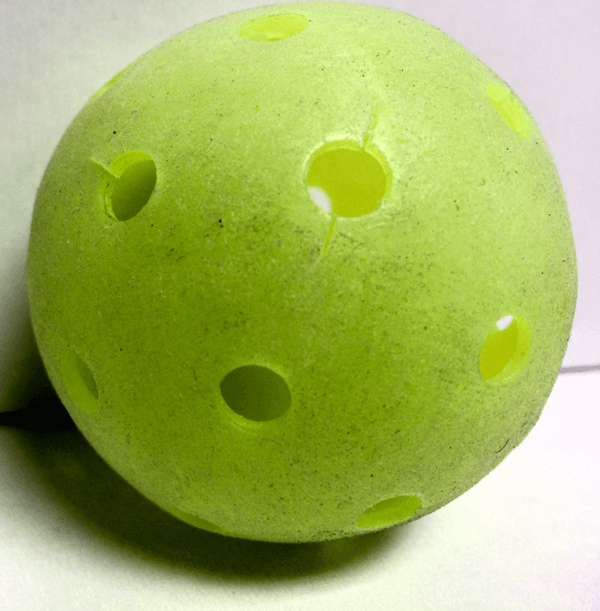
The Existing Rule – Broken or Cracked Pickleball Ball
Let’s start by examining the existing rule related to broken or cracked pickleball balls:
Broken or Cracked Ball.
- If a referee is present, players may appeal to the referee before the serve occurs to determine if a ball is broken or cracked.
- If the appeal is made before the serve, the referee will stop play, inspect the ball, and either replace it or return it into play. The referee will recall the score.
- In non-officiated matches, players may replace a cracked ball before the serve occurs.
- If any player suspects the ball is or becomes cracked after the serve, play must continue until the end of the rally.
- If, according to the referee, a broken or cracked ball impacted the outcome of a rally, the referee will call for a replay with a replacement ball.
- In non-officiated play, if the players do not agree that a cracked ball impacted the outcome of the rally, the rally stands as played.
The Revised Rule- Broken or Cracked Pickleball Ball
Now, let’s take a look at the revised rule that aims to address potential issues and improve the overall fairness of the game:
Broken or Cracked Ball.
- If any player suspects the ball is or becomes cracked after the serve, play must continue until the end of the rally.
- In officiated matches, players may appeal to the referee before the next serve occurs to determine if a ball is degraded, soft, broken, or cracked.
- If, according to the referee, a broken or cracked ball impacted the outcome of a rally, the referee will call for a replay with a replacement ball.
- If both teams agree that the ball is degraded or soft, the ball will be replaced, but there is no replay of the prior rally.
- In non-officiated matches, if both teams agree, players may replace a degraded, soft, broken, or cracked ball before the next serve occurs.
- In the case of a cracked ball in non-officiated play, if the players agree that the cracked ball impacted the prior rally, a replay occurs.
- If the players do not agree that a cracked ball impacted the outcome of the prior rally, the prior rally stands as played.
What Has Stayed the Same?
Before we delve into the changes brought about by the revised rule, let’s highlight what remains consistent between the existing and new versions:
- The rules in both cases acknowledge the possibility of a broken or cracked ball during gameplay.
- In both scenarios, players are given the opportunity to appeal to a referee (if present) or agree amongst themselves in non-officiated matches.
- The importance of determining whether a broken or cracked ball impacted the outcome of a rally is recognized.
- The concept of replacing the ball with a new one if it is deemed degraded, soft, broken, or cracked is present in both rules.
- The rules emphasize the need for fair play and provide mechanisms for addressing potential issues related to broken or cracked balls.
What Has Changed?
Now, let’s explore the notable differences between the existing and revised rules:
1. Timing of Appeal:
- Existing Rule: Players can appeal before the serve occurs.
- Revised Rule: Players can appeal before the next serve occurs.
2. Involvement of Referee:
- Existing Rule:Referee’s inspection and decision are required to determine if a ball is broken or cracked.
- Revised Rule: Referee’s involvement remains in officiated matches, but their decision also includes determining if the ball is degraded or soft.
3. Impact on Prior Rally:
- Existing Rule: Replay of the prior rally is called for if the referee determines that a broken or cracked ball impacted the outcome of the rally. In non-officiated play, agreement between players is necessary for a replay.
- Revised Rule: Replay occurs only in non-officiated play if both teams agree that a cracked ball impacted the prior rally. In officiated matches, if the ball is deemed degraded or soft by agreement, the ball is replaced without replay.
4. Non-Officiated Play:
- Existing Rule: Players can replace a cracked ball before the serve occurs.
- Revised Rule: Players can replace a degraded, soft, broken, or cracked ball before the next serve occurs, provided both teams agree.
In Conclusion
It’s essential to have well-defined rules in any sport to ensure fairness and an enjoyable experience for all players. The revised rule regarding broken or cracked pickleball balls brings about some notable changes while preserving key aspects of the existing rule. By adjusting the timing of appeals, involving the referee in officiated matches, and refining the conditions for replays and ball replacements, the revised rule aims to enhance the overall integrity of the game.

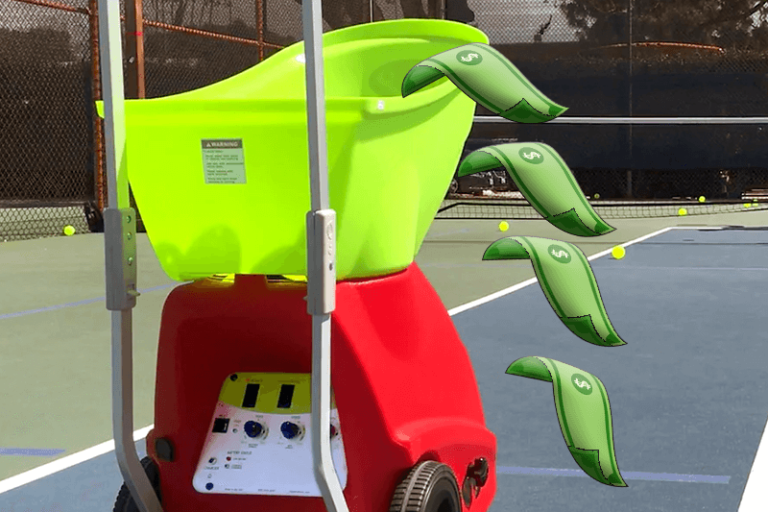
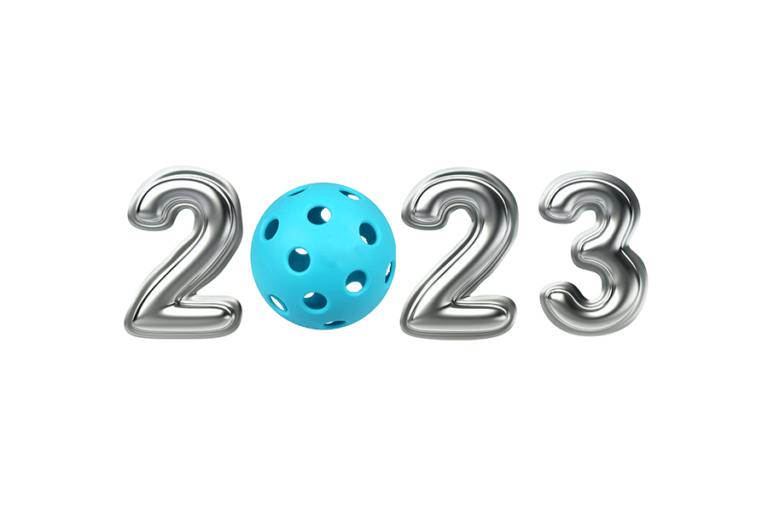
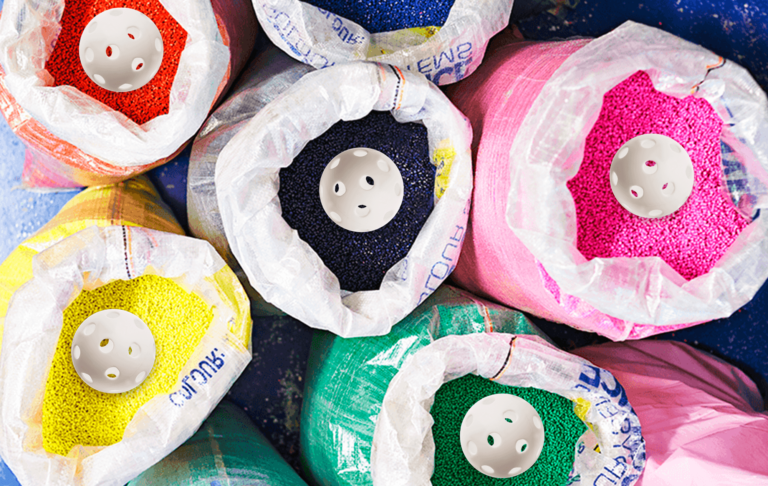
![The [absolute] worst 2023 pickleball rule!](https://masspickleballguide.com/wp-content/uploads/blog-header-pickleball-clothing-768x512.png)
